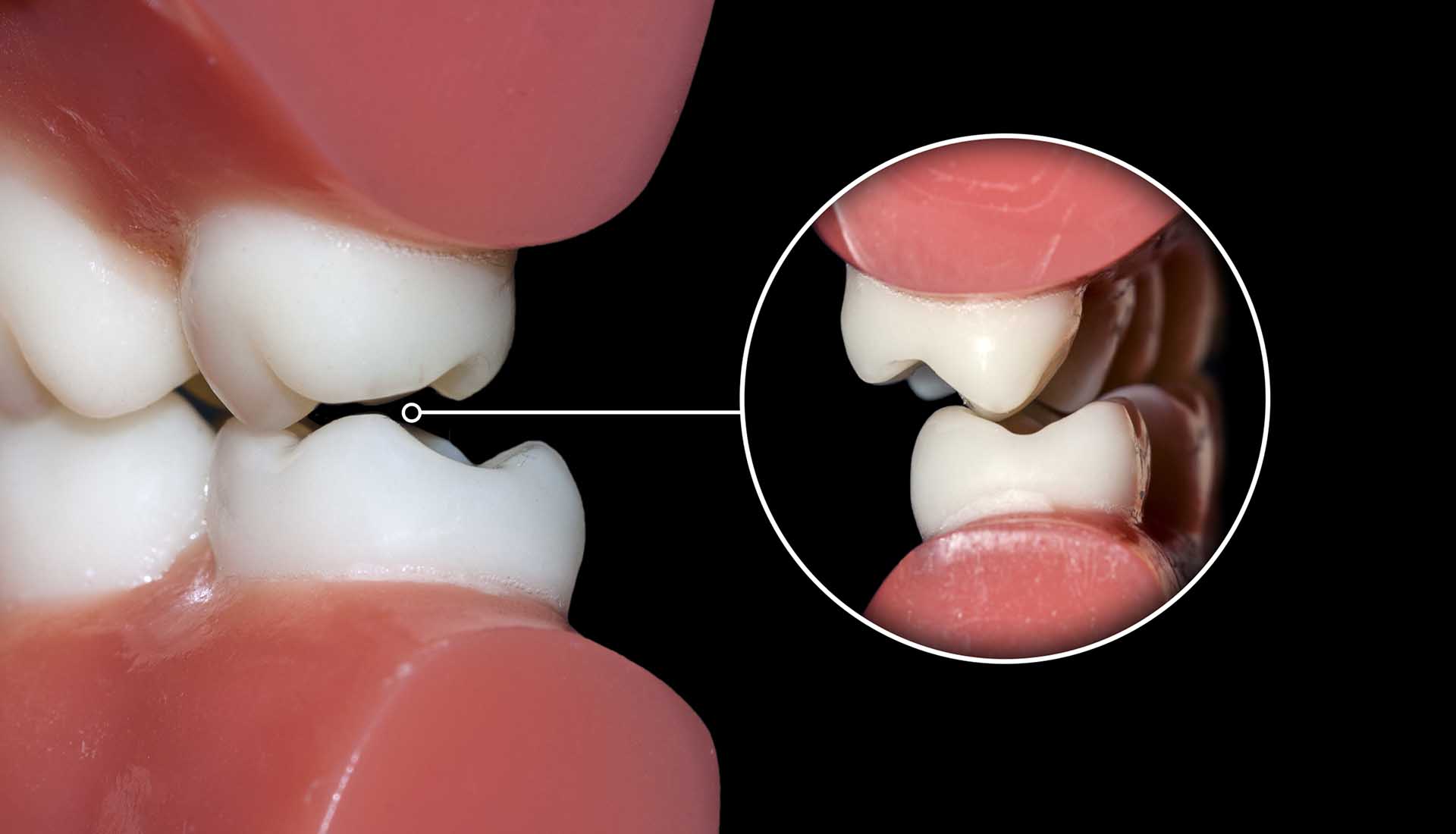- Empty cart.
- Continue Shopping
How to Protect Your Teeth from Grinding

Teeth grinding, also known as bruxism, can be a persistent and damaging habit. It often occurs unconsciously, especially during sleep, and can lead to a range of dental problems if left unaddressed. Fortunately, there are effective measures you can take to protect your teeth from the adverse effects of grinding.
1. Identify the Signs of Bruxism
The first step in protecting your teeth from grinding is to be aware of the signs and symptoms. These may include:
- Waking up with a sore jaw or face
- Frequent headaches, especially in the morning
- Tooth sensitivity or pain
- Worn down, flattened, or chipped teeth
- Earaches or ringing in the ears
Recognizing these signs early on can prompt you to take action and seek appropriate treatment.
2. Utilize a Night Guard or Splint
Night guards or splints are custom-made dental appliances that create a barrier between your upper and lower teeth. They are designed to absorb the pressure caused by grinding, preventing damage to the teeth. A dentist can provide a properly fitted night guard, which is crucial for its effectiveness.
Wearing a night guard consistently can significantly reduce the impact of bruxism on your teeth.
3. Stress Management Techniques
Stress is a major contributor to teeth grinding. Engaging in stress-reducing activities can help alleviate this habit. Techniques such as deep breathing exercises, meditation, yoga, and regular physical activity can promote relaxation and reduce tension, which, in turn, can mitigate teeth grinding.
4. Limit Caffeine and Alcohol Intake
Both caffeine and alcohol can exacerbate bruxism. Caffeine is a stimulant that can lead to increased muscle tension, while alcohol can interfere with the quality of sleep, potentially making grinding worse. Moderating your consumption of these substances, especially in the hours leading up to bedtime, can have a positive impact on your dental health.
5. Practice Good Sleep Hygiene
Establishing a consistent sleep routine and ensuring you get an adequate amount of restful sleep is crucial in addressing teeth grinding. Create a calm and comfortable sleep environment, avoid stimulating activities before bedtime, and aim for seven to nine hours of sleep per night.
6. Maintain Regular Dental Check-Ups
Regular dental check-ups are essential for monitoring and addressing any signs of teeth grinding. A dentist can detect early signs of bruxism, provide appropriate treatment options, and monitor the condition’s progression.
7. Avoid Chewing on Non-Food Items
Chewing on objects like pens, pencils, or fingernails can exacerbate the effects of grinding. It’s important to avoid these habits to protect your teeth from additional stress and wear.
8. Consider Stress-Reduction Techniques
In addition to general stress management, specific techniques like biofeedback, which helps you become more aware of muscle tension, can be beneficial for individuals dealing with bruxism.
9. Seek Professional Treatment
In severe cases, professional intervention may be necessary. A dentist or specialist can recommend treatments such as muscle relaxants, Botox injections, or orthodontic correction, depending on the severity and underlying causes of the bruxism.
Conclusion
Protecting your teeth from grinding is crucial for maintaining optimal oral health. By being proactive and implementing these practical strategies, you can effectively manage and mitigate the effects of bruxism. Remember, early intervention is key, so if you suspect you may be grinding your teeth, don’t hesitate to seek advice from a dental professional. Taking steps to address this issue will not only preserve your dental health but also contribute to your overall well-being.








